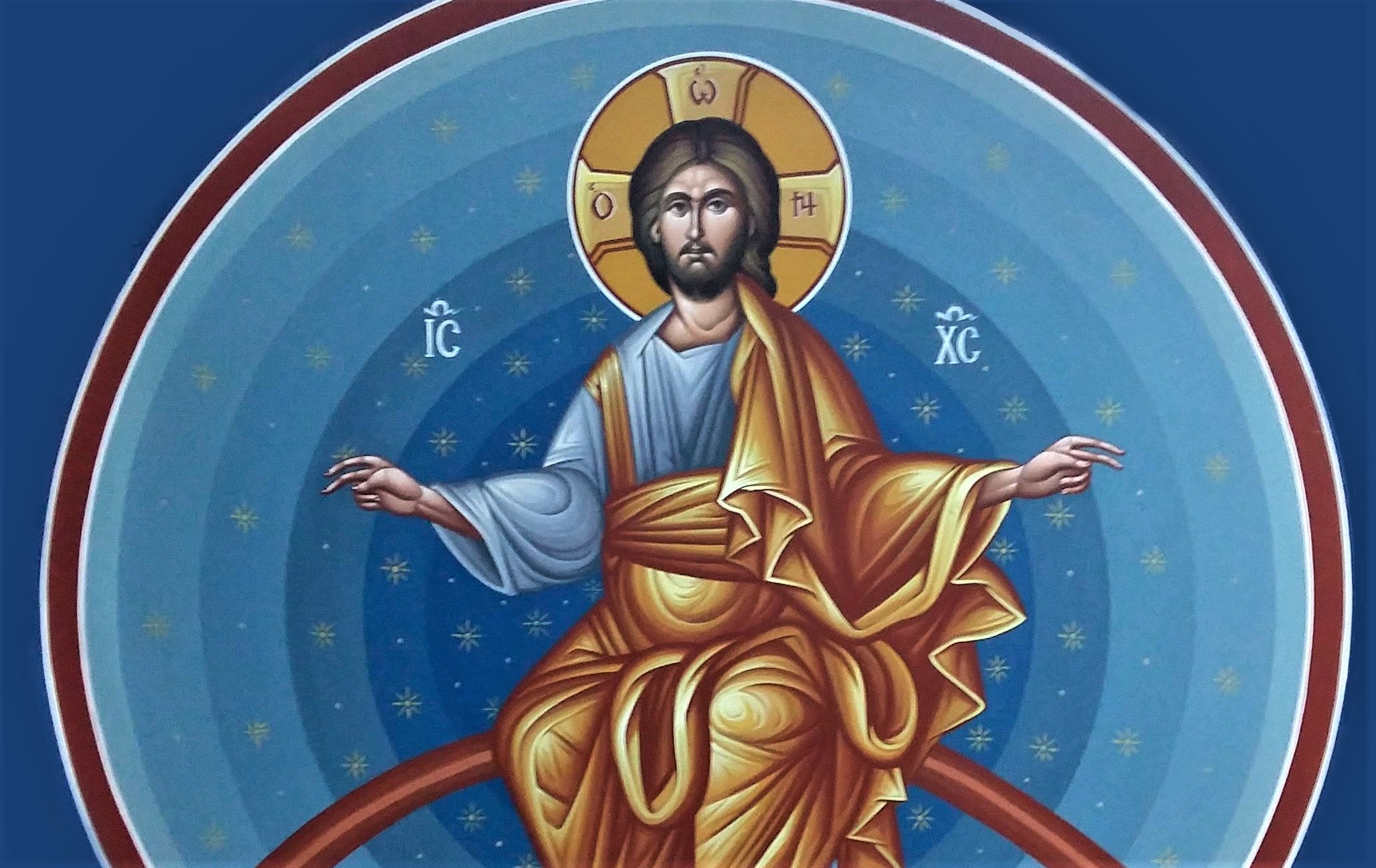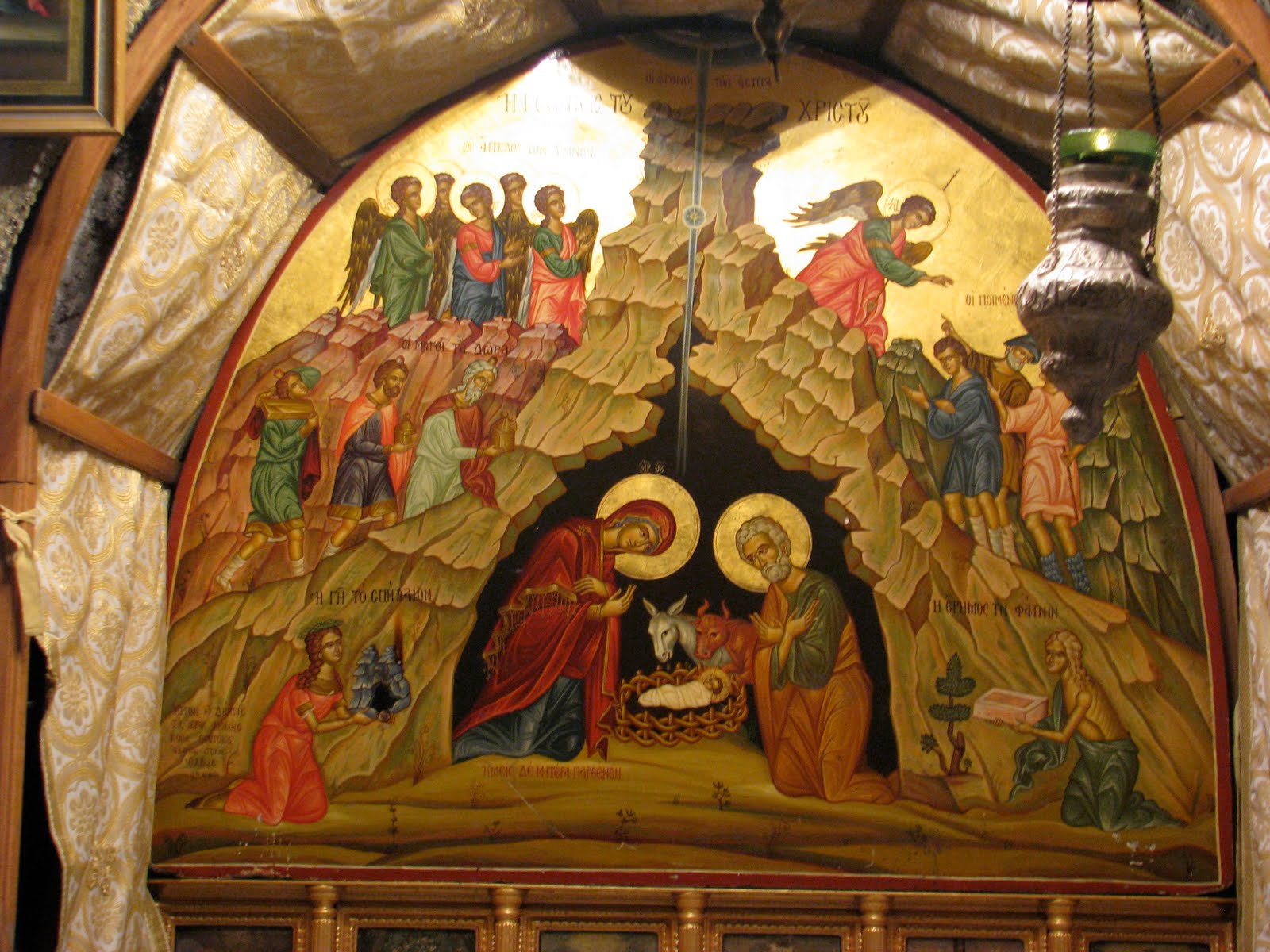Bearing within Us the Dying of the Lord Jesus


Before the fall there was no pain nor sorrow. After the fall, however, man was deprived of the life-bearing relationship he had with the all-holy God, and the poison of death entered his life. Death was not created by God, but was the result of man’s self-will and God’s justice. It was the just retribution for disobedience to the divine will, but also the means to put an end to evil. In the latter times, Christ Himself came to earth. His life was glorious with the power of the Holy Spirit, but also mingled with infinite suffering and unfathomable pain. The Lord revealed unto us that afflictions, suffering and even death, become means to express perfect divine love. His own death was a perfect expression of His love and obedience to the Heavenly Father, but also of His love for fallen man.
Ever since His death on Golgotha, love is manifested through suffering and life triumphs through a righteous death. Man was given the privilege to imitate Christ and to also express his love through voluntary suffering and death for the sake of God’s commandment, which leads to eternal victory. Yet how can the Christian taste of this voluntary death when he suffers no persecution from outside? Even in our peaceful times, man’s self-love and carnal mind, as well as the mind of the surrounding world, never cease to go against his life-bearing voluntary effort to taste death. Man can bear the dying of the Lord through the ascetical practices of the Church, such as fasting and bearing shame in confession. Also, when man humbles himself before his brother without claiming his own justice, but taking upon himself the responsibility even for the transgression of his neighbour without murmuring, he puts to death his own ‘dignity’. Yet at the same time he knows that he ‘is passed from death unto life’.[1] He who cuts his own will in his contact with his brother, overcomes death. All those who follow the Lamb, bear about ‘the dying of the Lord Jesus’, and that not from time to time, but ‘as sheep led to the slaughter’ for the sake of His Name, they are ‘killed all the day long’[2] ‘at all times and in all places’.
Thanksgiving is a very powerful shortcut in spiritual life. If man does not begin to complain in self-pity when his life resembles hell, but offers thanksgiving to God, he will encounter Him Who descended to the bottom of hell for his salvation. The love of Christ overcame even death: the martyrs drowned death with the blood of their martyrdom, the holy ascetics with the tears of their repentance and intercession for the whole world; the apostles and later the holy Fathers took upon themselves the death and the afflictions of their brethren, so as to impart to them the charismatic life wherewith the Lord filled their heart, as the apostle says: ‘Death worketh in us, but life in you.’[3] If the Lord suffered the death of the Cross, how can His disciples avoid tasting pain? How else could they feel His love for man? It is precisely for this reason that the grace of the Holy Spirit imparts to the saints the longing to suffer for Christ. The faithful that follow Christ must not rely on their own strength, but on the almighty power of God, without Whom man can do nothing.[4] In order not to lose heart on the thorny path of suffering, they must entrust their whole life to His invincible protection.
They can endure hardship with patience due to the knowledge they have of Christ. Saint Sophrony writes: ‘If we know the Eternal Truth lying at the root of all being, then all our anxieties affect merely the periphery of our existence, while within us reigns the peace of Christ […] The essence of Christ’s peace is perfect knowledge of the Father.’[5] Following His example, the true Christians may appear in the eyes of this world as ‘troubled on every side, perplexed or cast down’, but paradoxically, they are ‘not distressed, not in despair, not destroyed’.[6] ‘The excellency of this power’[7] from God strengthens the faithful to conclude with Him the covenant of no longer living for themselves, but for God.[8] Christ’s grateful disciples consider afflictions as the highest spiritual gift, through which the Lord honours His own. It is through such suffering that the consolation and life of God will also abound in them, enabling them to deliver themselves to combat unto death against sin. At the same time, they become themselves a consolation for their fellows, imparting to them their life, while receiving death from them. Just as through His suffering love, Christ saved the world, so also His disciples, through the suffering of their own love, become the salt of the earth that sustains the world.
[1] John 5:24.
[2] Ps. 43:23.
[3] 2 Cor. 4:12.
[4] Cf. John 15:5.
[5] Archimandrite Sophrony (Sakharov), We Shall See Him as He Is, trans. Rosemary Edmonds, (Tolleshunt Knights, Essex: Stavropegic Monastery of St John the Baptist, 2004), p. 68.
[6] 2 Cor. 4:8-9.
[7] 2 Cor. 4:7.
[8] See John 6:57.
Source: pemptousia.com




